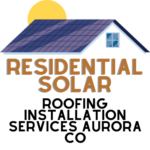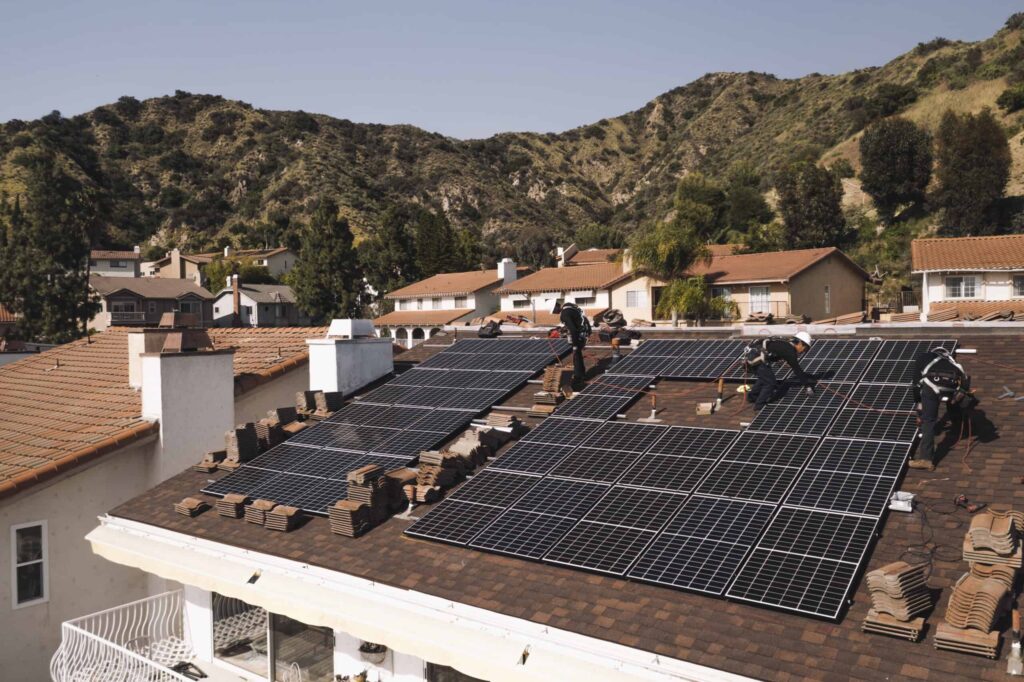Investing in a residential solar system is a significant step toward reducing your carbon footprint and saving money on energy bills. However, like any other home appliance or system, your solar panels and associated components require regular maintenance to ensure they continue to operate efficiently over the long term. In this blog, we’ll explore how to maintain your residential solar system for optimal performance without diving into DIY territory.
1. Schedule Professional Inspections:
Regular inspections by a qualified solar technician are crucial for identifying and addressing issues before they become serious problems. These inspections typically include:
- Visual Inspection: A technician will check the condition of the solar panels, mounting structures, and wiring for any visible damage or wear.
- Performance Evaluation: Monitoring systems are used to assess your solar system’s energy production and compare it to expected performance. Any significant discrepancies may indicate an issue.
- Electrical Safety Check: Inspections also include checking the electrical connections to ensure safety and efficiency.
2. Keep Panels Clean:
While solar panels are relatively low-maintenance, they can accumulate dirt, dust, leaves, and other debris over time. Dirty panels can reduce the system’s efficiency, so it’s essential to keep them clean. However, it’s important to note that cleaning solar panels is not a DIY task. Instead, hire a professional to ensure that the panels are cleaned correctly and safely. They have the necessary equipment and expertise to avoid damaging the panels.
3. Trim Surrounding Trees and Vegetation:
If you have trees or vegetation near your solar panels, keep them trimmed to prevent shading. Shading can significantly impact the performance of your solar system, reducing its efficiency. Consult with a professional tree service to ensure that any pruning is done correctly and safely.
4. Check for Pests:
Birds, squirrels, and other critters may be attracted to the space under your solar panels as a sheltered nesting spot. However, their presence can lead to debris buildup, chewed wires, and other potential issues. Schedule periodic inspections to ensure that pests are not causing damage to your system.
5. Monitor for Warning Signs:
Be vigilant for any warning signs of solar system issues, such as a noticeable decrease in energy production, error messages on your solar inverter, or unusual noises. If you notice any of these signs, contact a professional solar technician promptly to diagnose and address the problem.
6. Maintain Your Inverter:
The inverter is a critical component of your solar system that converts the DC electricity generated by your solar panels into AC electricity for your home. Inverters typically have a lifespan of 10–15 years, and maintenance may be required during this time. If you suspect an issue with your inverter, contact a professional for an evaluation and potential replacement.
7. Protect Against Hail and Weather Damage:
Solar panels are designed to withstand various weather conditions, but severe hailstorms can cause damage. If you live in an area prone to hail, consider installing protective measures like hail guards or insurance coverage to protect your investment.
8. Understand Your Warranty:
Familiarize yourself with the warranties associated with your solar panels and components. Most solar panel manufacturers offer warranties ranging from 10 to 25 years. Knowing the terms and conditions of your warranties can help you take advantage of any coverage in case of unexpected issues.
9. Regularly Clean Your Gutters:
Keeping your gutters clean is indirectly related to your solar system’s maintenance. Clogged gutters can cause water to overflow and damage the roof, potentially affecting your solar panels. Ensure that your gutters are regularly cleaned to prevent any issues that might impact your solar system’s performance.
10. Maintain Good Records:
Keep a record of all maintenance and inspections performed on your solar system. This documentation can be helpful for warranty claims or when selling your home, as potential buyers may be interested in the system’s maintenance history.
In conclusion, maintaining your residential solar system for optimal performance is essential to maximizing its efficiency and longevity. Regular professional inspections, proper cleaning, monitoring for warning signs, and addressing issues promptly are all key components of solar system maintenance. Remember that while some maintenance tasks can be performed by homeowners, it’s essential to consult with qualified professionals to ensure the safety and effectiveness of your solar system maintenance efforts. By investing in regular maintenance, you can continue to enjoy the benefits of clean and sustainable energy for years to come.
Solar Roofing Aurora https://www.solarroofinginstallationservicesaurora.com/

